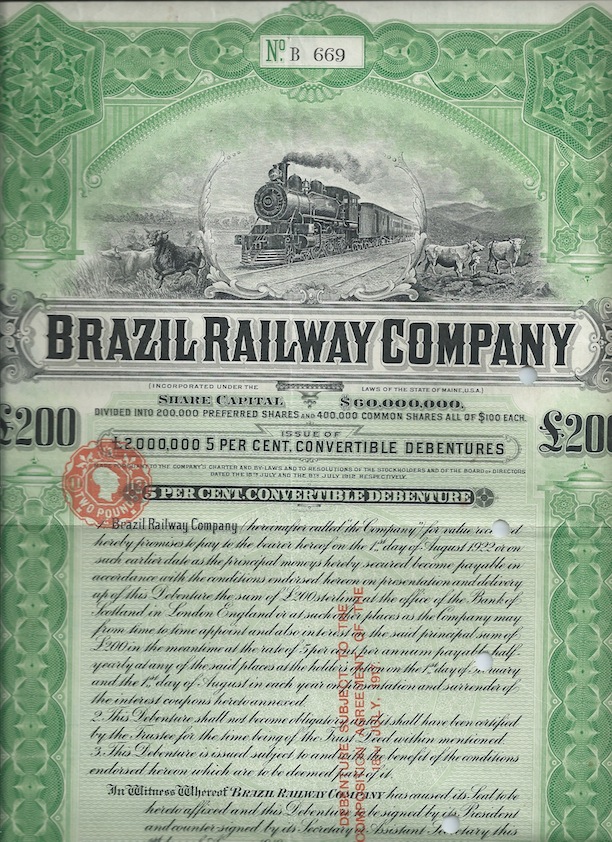by Fred Fuld III
A convertible bond is a bond that can be converted into a fixed number of shares of stock in the company that issued the bond.
The advantages of convertible bonds
- It pays a fixed income, unlike a stock which can lower or eliminate a dividend.
- If the company goes out of business, the bondholders get paid off before the stockholders.
- The bond has growth potential because of the conversion factor into shares of stock.
The disadvantages of convertible bonds
- They are illiquid, with most not traded on any exchange.
- They are hard to find and not all brokers carry them.
Companies that issue convertible bonds
- Tesla (TSLA)
- Nio (NIO)
- Zillow Group (Z)
- Square (SQ)
- Snap (SNAP)
- Microchip Technology (MCHP)
Now try going to your broker’s website or try calling them and ask what the quote is on the Tesla 2% convertible bond. Good luck.
Convertible Bond ETFs
The easier way to invest in convertibles is through an an exchange traded fund that specializes in convertible bonds, such as the SPDR Bloomberg Barclays Convertible Securities ETF (CWB), which actually owns bonds from such companies as Tesla and Nio. It is up over 50% for the last twelve months. This ETF pays a yield of 2.34%.
Another convertible bond ETF is iShares Convertible Bond ETF (ICVT), which in addition to owning Tesla bonds, owns convertible bonds in Southwest Airlines (LUV), DISH Network (DISH), and Snap. For the last twelve months, it has increased by 58%.
First Trust SSI Strategic Convertible Securities ETF (FCVT) is a third option. The ETF owns Tesla, Zillow and Square convertible bonds, among others. This ETF is up over 52% over the last twelve months.
If you decide to get into convertibles, let’s hope they can convert your portfolio into profits.
Disclosure: Author owns Tesla.


I would avoid an ETF or any Convertible bond Fund
They will fluctuate not only based on the convertibility target price but with interest rates movement.
Markets are at all time high and rates are at an all time low.
Bonds ETF have maturities within their portfolios but they are replaced so you have a Bond investment with no maturity. If next year, rates start moving up, the ETF could end up with a lower average rates but you cant get out without a lost unless on average the conversion premium would compensate. Not very likely.
If instead you buy good quality convertible bonds at least if you made a mistake you know there is a maturity and those bonds will pick up as they get closer to it.
Thanks , I have recently been searching for information about this topic for ages and yours is the greatest I have discovered so far about convertible bonds.